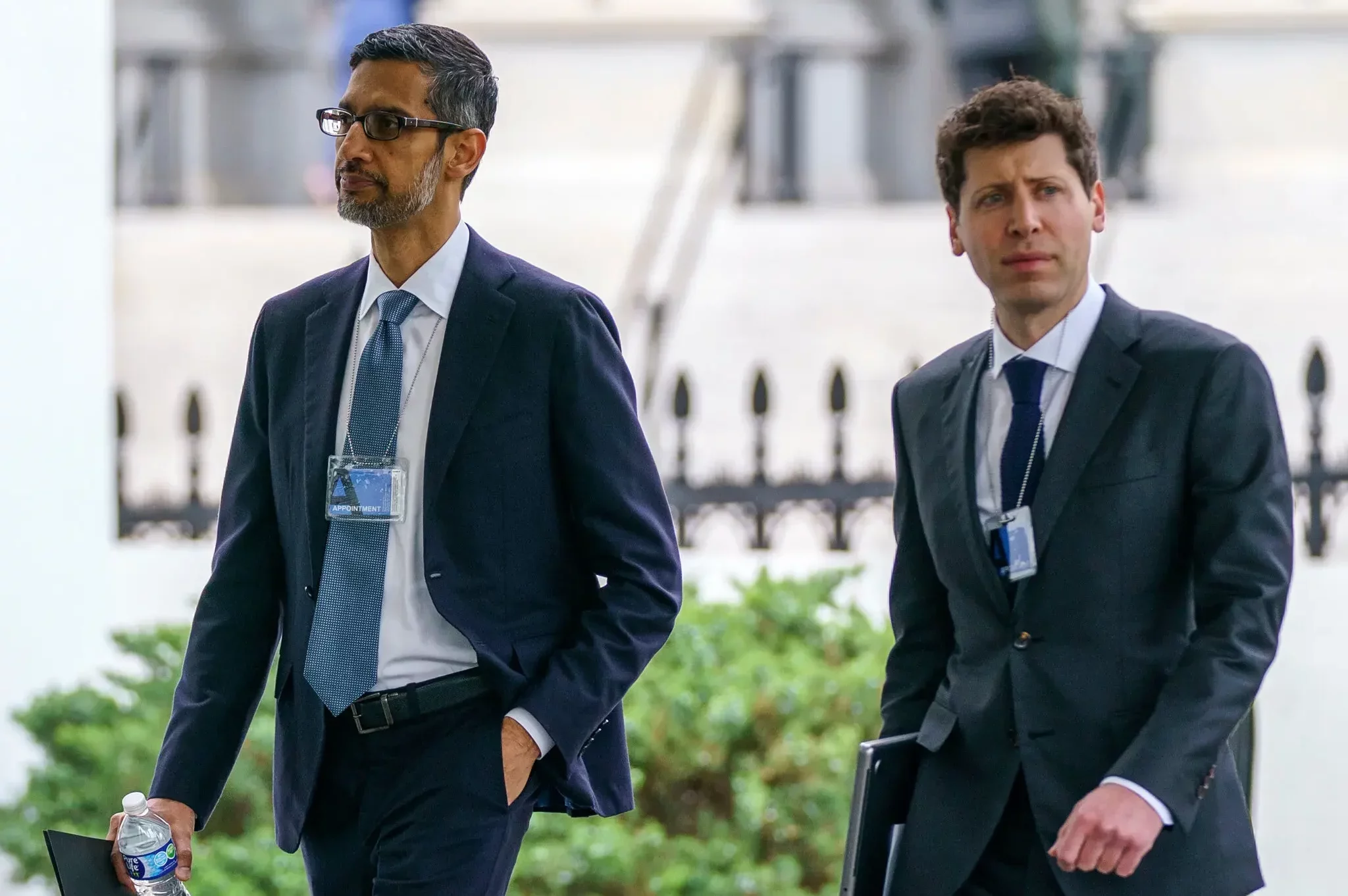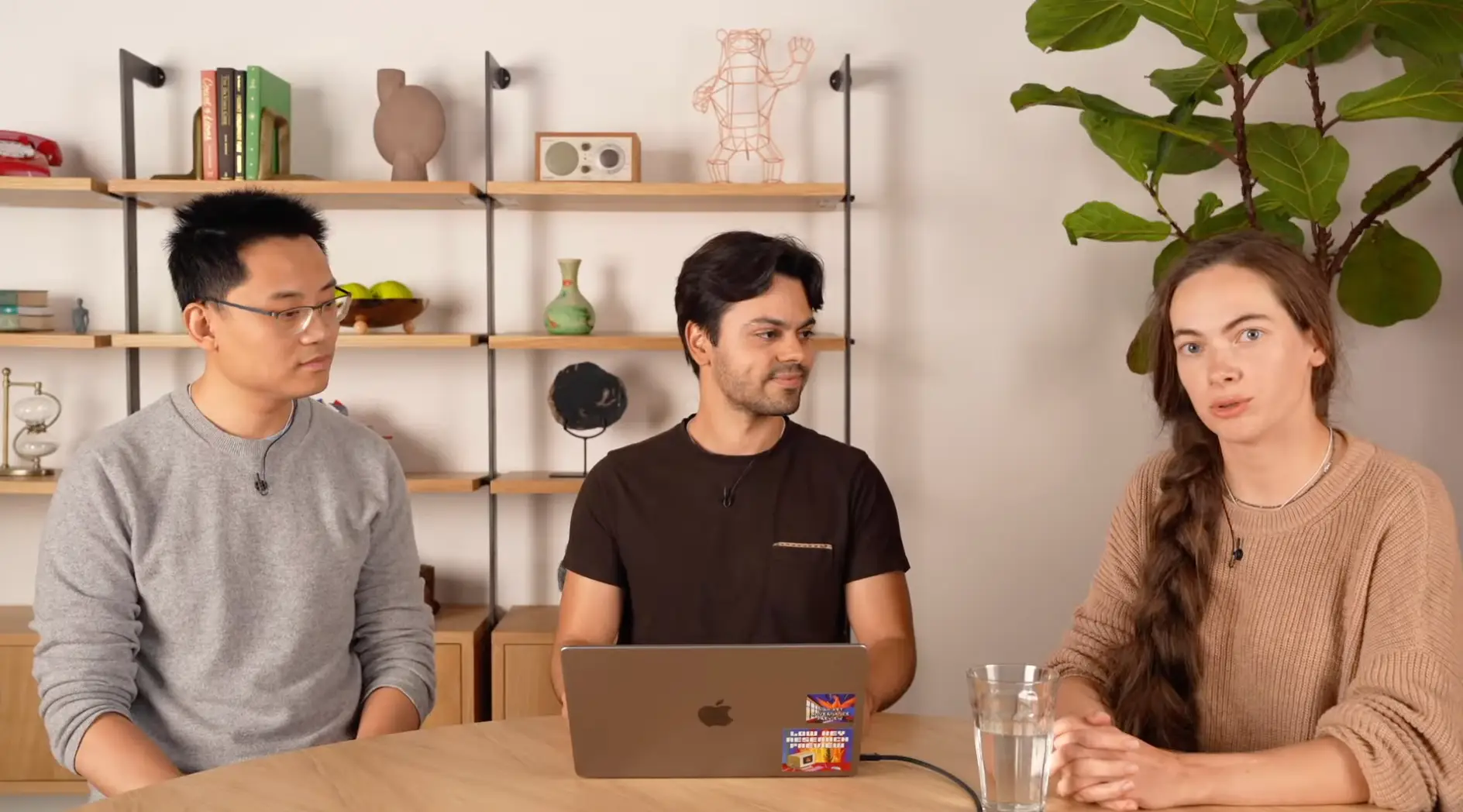As artificial intelligence continues to leap from labs into every corner of our daily lives—from your smartphone’s predictive text to complex decision-making systems in medicine and finance—one legal debate is heating up fast: should AI companies be allowed to use copyrighted material without explicit permission?
This question is at the heart of a proposed UK law that would permit AI developers to mine copyrighted data without having to ask creators—or pay—for the privilege. It’s being framed as a necessary step to fuel innovation, keep the tech sector competitive, and support national AI strategies.
In the United States, similar tensions are playing out. OpenAI CEO Sam Altman has publicly advocated for maintaining fair use rights that would allow AI models to train on publicly available copyrighted materials. Altman argues that restricting access would severely hamper AI development and innovation. Meanwhile, Google has backed the idea that existing fair use laws provide sufficient safeguards and flexibility, stating that their AI models use publicly available data responsibly and in line with longstanding legal principles.
Innovation vs. Ownership
Proponents argue that access to vast swathes of data is essential for training advanced AI systems. These models, especially large language models, require diverse, real-world inputs to develop nuanced understanding, contextual awareness, and factual accuracy. Without access to rich datasets—which often include copyrighted texts, images, and recordings—AI development risks becoming shallow or biased.
Supporters say current copyright laws are outdated in the AI age and present a bottleneck to research and development. Copyright was not designed to govern non-human learners, and they argue it’s now obstructing meaningful progress. Without reform, the UK and the US risk falling behind global AI leaders like China, who already benefit from more permissive or ambiguous data-use frameworks.
Moreover, AI companies assert they’re not “stealing” content—they’re learning from it. They draw parallels to how students read books and artists study masterpieces. The goal, they argue, is not to copy, but to learn patterns, styles, and facts in a transformative way that doesn’t replicate or devalue the original works.
Conversely, a broad coalition of authors, musicians, journalists, photographers, and luxury brands are raising concerns. Their argument is straightforward: if AI companies want to use your work, they should ask—and pay.
This isn’t just about money (though let’s be real, that’s definitely part of it). It’s also about ownership and consent. Creators are worried about their work being repurposed into AI-generated outputs without any oversight or permission, potentially flooding the market with derivative content that dilutes their originality and economic viability.
Some critics warn these laws could pave the way for mass data scraping and a race to the bottom for creative quality. If AI models can train on your hard-earned work without compensation, what incentive remains to keep producing high-quality art, journalism, or literature? Worse yet, creators might find themselves competing with AI models built off their own materials.
There are also fears about misinformation. If AI models are trained on outdated or biased content, and creators have no control over what’s used, the downstream effects could be substantial—from deepfakes to algorithmic discrimination.
Striking a Balance
This debate raises complex questions about fairness, ethics, and the future of intellectual property. Is it fair to penalize innovation for the sake of legacy copyright frameworks? Or is it fair to strip creators of their rights in the name of technological progress?
Could a middle ground exist—one that enables AI advancement while protecting creators? Options like government-managed licensing schemes, opt-out registries, tiered access models, or even the creation of AI-specific copyright categories have been floated. Still, each proposal comes with trade-offs. Who manages the registry? How do we measure value? What happens when AI-generated works are indistinguishable from human-made ones?
The tech world is mostly cheering. Many developers, researchers, and startup founders view proposed reforms as pragmatic steps forward. They argue that legal clarity would unlock innovation, accelerate development timelines, and level the playing field for smaller firms that can’t afford expensive licensing deals.
But the creative industries? They’re furious—and organized. Some luxury brands, for example, argue the move would amount to legalized theft. Author groups warn it could make publishing unviable, particularly for midlist and indie writers who rely on niche markets. Music labels and film studios are also speaking out, citing risks to artistic integrity and economic sustainability.
Even some legal scholars are urging caution. They worry the law is being rushed without sufficient public consultation or understanding of long-term consequences. In academic circles, some have called for the formation of interdisciplinary panels to develop balanced guidelines that consider both innovation and individual rights.
We stand at a pivotal crossroads where law, creativity, and technology collide. No matter where you stand on the spectrum—whether you’re a coder in a startup, an artist in a studio, or a policymaker —this issue affects you.
How we resolve this debate will shape not just the future of AI, but the very fabric of creative work, ownership, and expression in the 21st century. Striking a balance won’t be easy, but the conversation is long overdue.



